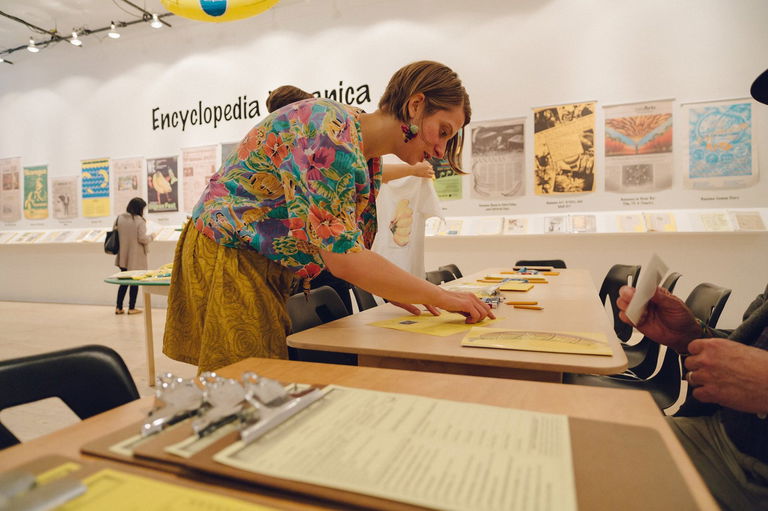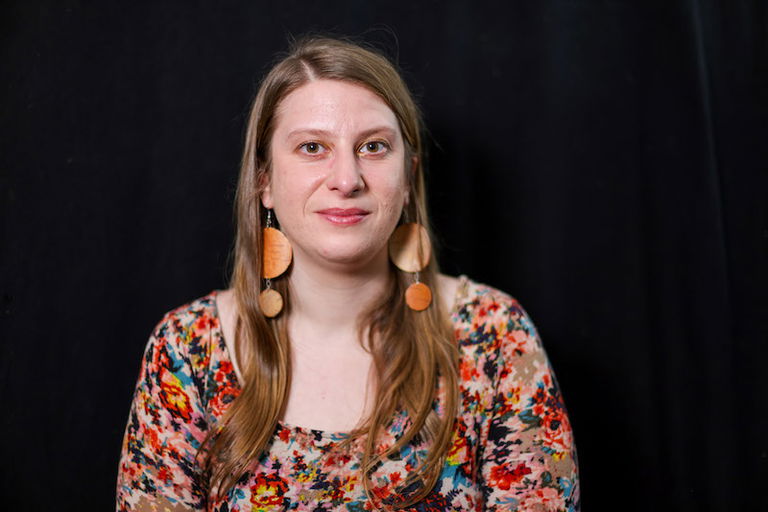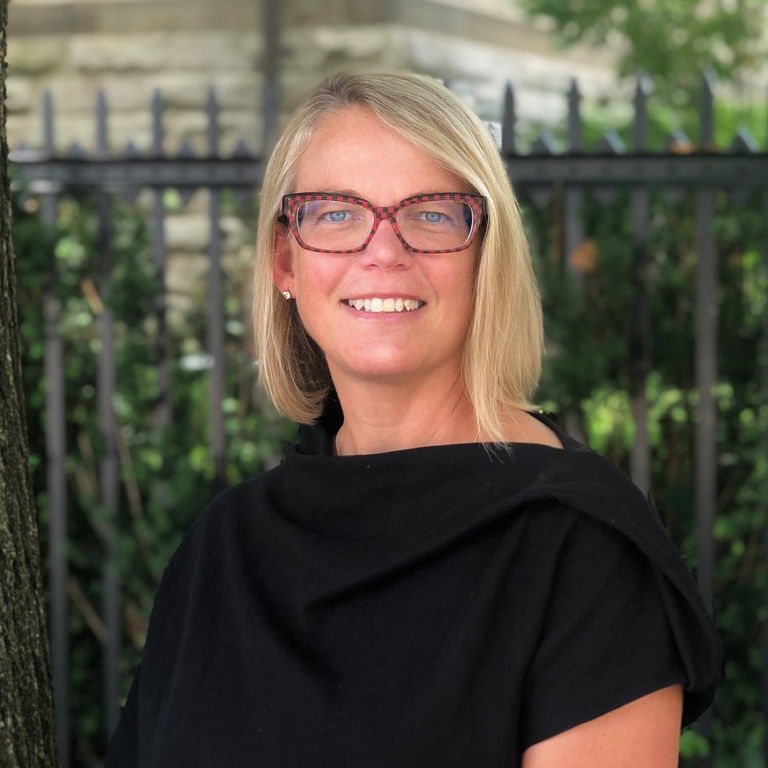Regan Shrumm and Stephanie Springgay
Regan Shrumm and their mentor Stephanie Springgay connected over their interest and engagement in social practice. Living many provinces apart, the pair met virtually to engage in conversation.

BC Culture Days: Tell us about your mentorship. What was the focus of your sessions and how did you connect with Stephanie?
Regan Shrumm: During our mentorship, Stephanie and I would meet over Zoom. At first, we would discuss Stephanie’s process as both a social practice artist and curator. Through these conversations, we talked about the ethics of collaborating with the public, as well as the care that we must give to our collaborators. We also discussed my artist CV and application to an art residency in order to prove my chances of getting into art opportunities.
BC Culture Days: What sort of learning experiences has this mentorship brought you?
Regan Shrumm: In Victoria, we do not really have many artists who focus on a social practice medium. While I have had conversations on collaboration in Victoria, it was nice to have someone who teaches social practice as a part of their career, and therefore, is well-read within the practice.
BC Culture Days: Why is mentorship important? Was this your first time having a mentor?
Regan Shrumm: I have had many informal mentorships in my life, through work supervisors, facilitators with workshops, and friends. For me, mentorships are an important part of my education because they teach you many things that I would have probably never learned in a university setting. I’ve never had the opportunity to have a direct, formal mentorship before this experience.
To return to the blog post click here.
Learn more about the events that Regan hosted for Culture Days.
Read all of the 2023 mentor bios.

Regan Shrumm is a queer and genderqueer disabled artist, curator, and educator, who has been living on and off the traditional and unceded lands of the Lkwungen-speaking peoples (Victoria, B.C.) for the last 14 years. They are an interdisciplinary artist, whose main practices are social practice, performance, and textiles. Their work is often built on collaboration planning with the community, participatory events, and reciprocal in offering knowledge, learning, and unlearning. They have an MA in Art History from the University of Victoria but have been mostly self-taught in their artistic practices. They have been in residency through the Salt Spring Arts Council and Intrepid Theatre and teach textile workshops at the Vancouver Island School of Art. Previous work includes Permission to Grieve, a series of discussions and mindfulness activities to work towards community healing and Chronically Queer Embroidery Workshops, which involve teaching individuals from disabled and LGBTQIA+ communities how to embroider and learn skills for selling their work.

Stephanie Springgay is Director of the School of the Arts and Professor at McMaster University. She is a leading scholar of research-creation with a focus on walking, affect, queer theory, and contemporary art as pedagogy. She directs the SSHRC-funded research-creation project The Pedagogical Impulse which explores the intersections between contemporary art and pedagogy. She directs WalkingLab – an international network of artists and scholars committed to critical approaches to walking methods. She has published widely on contemporary art, curriculum studies, and qualitative research methodologies.